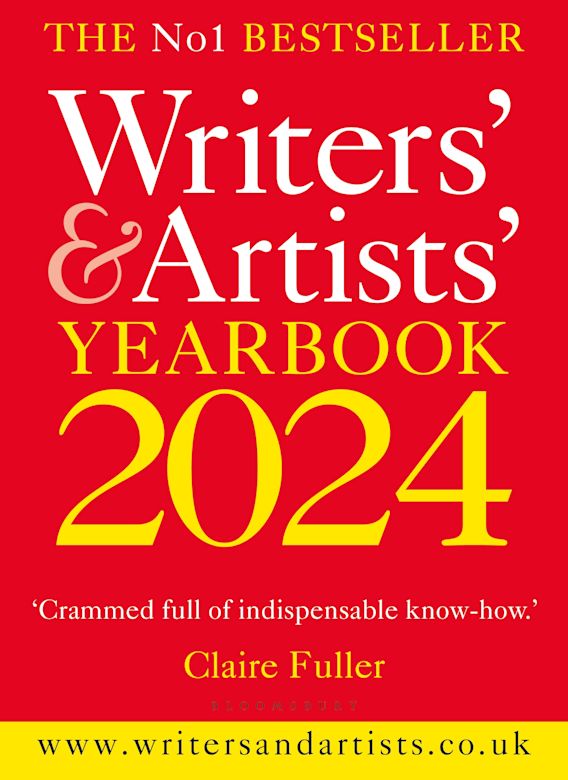In this new extract from the Writers’ & Artists’ Yearbook 2024, Sam Delaney revels in the delights of podcasting.

One of the most common podcasting tropes is the quirky, guest-driven format whereby a different person is booked each week to answer the same recurring question: ‘What’s your favourite sandwich?’ ‘What are your top five road trips?’ ‘Name your fantasy cricket team…’ Some of these podcasts are really fantastic, but most collapse quite quickly because booking a guest every week (especially one who is funny, interesting or has the sort of profile that might actually help you reach an audience) is a massive pain – especially for a lone podcaster operating without a budget or a production team. Most new podcasts don’t publish beyond the fifth episode. Only the top 1% of the world’s four million plus podcasts (i.e. those with audience figures of more than 20,000 per episode) make any reasonable money from advertising. It can take years to get anywhere near those figures if you’re not already a celebrity in the real world. So where’s the incentive to keep going if making it is a hassle, you’re not getting paid, and nobody seems to be listening?
This is why I tell people to make sure their podcast is about is something they can actually see themselves talking about for half an hour, at least once a week, for the rest of their lives. That’s why it’s best not to make your subject matter too narrow. On The Reset I talk about mental health in the loosest possible sense; after all, everything in life impacts on your mind and your feelings one way or another. So, one week it might be a very focused look at the benefits of therapy and the next it might be an open-ended chat with my guests about the very worst jobs they’ve ever worked in. A narrow format based on an oddball premise might seem fun to start with, but it soon runs out of steam. And those formats are only ever as good as the guest you manage to book, so I prefer formats that are not guest-dependent. Put yourself, as the host, at the centre of the whole thing. After all, you can always rely on yourself to turn up and record the podcast when others won’t. More importantly, the podcast should be an exercise in nurturing an audience – building their support and stimulating their engagement. It’s hard to do that when the audience don’t know who they’re getting as a guest from one week to the next. It’s your personality they should be engaging with, not the format. A podcast – with all its rough edges, messy bits, mistakes and authenticity – allows for an intimacy to grow between host and listener. It’s a unique relationship that can’t be generated in the same way by radio or TV, with all their rigorous conceits and slightly unnatural choreography.
So make a podcast that is messy, that is explorative, that is happy to fail.
Sam Delaney is a freelance writer, broadcaster and podcaster from London, author of Get Smashed (Sceptre 2007), Night of the Living Dad (John Murray 2009), Mad Men and Bad Men (Faber & Faber 2015) and Sort Your Head Out (Constable 2023). A graduate of the University of Sussex, Sam became a journalist in magazines, including as Editor-in-Chief of Heat magazine, 2009–11, and of Comedy Central UK, 2013–15. He has hosted numerous shows on BBC 5 Live, BBC London and talkSPORT, and presented documentaries for BBC Three and Channel 4. Currently Sam is co-host of the Top Flight Time Machine podcast and writes and podcasts regularly about mental health via The Reset. His website is www.samdelaney.co.uk. Listen to The Reset at samdelaney.substack.com.
Comments